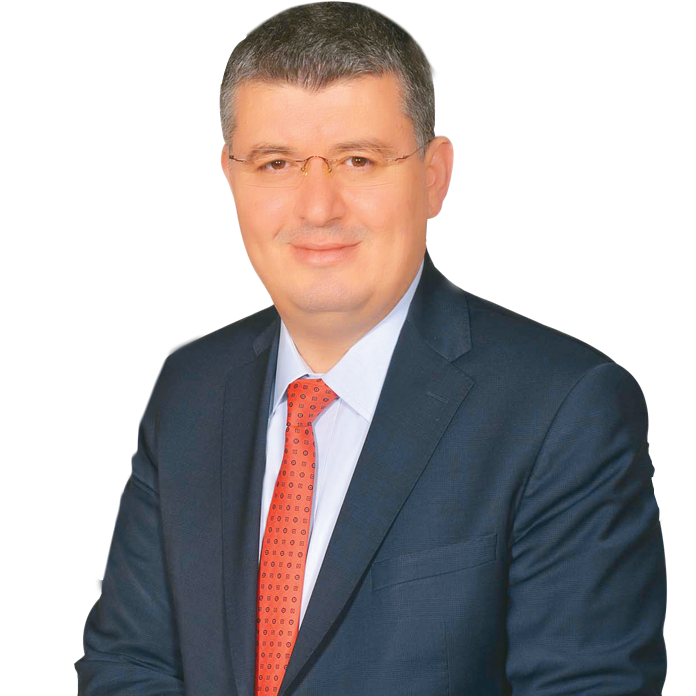Russian Chief of Staff General Valery Gerasimov was huffing and puffing in front of the Turkish delegation. He was threatening that “either you solve this issue, or we will level that region to the ground.” While the Turkish delegation was giving an equally spirited answer to Gerasimov, they were also expecting an answer from the next room, where Presidents Erdoğan and Putin were discussing the Idlib crisis in private.
Finally, that private meeting ended and Putin and Erdoğan came to the room where the delegations were waiting and announced their agreement to both sides saying “We agreed on these terms”. Thus, Gerasimov’s threats were nothing but hot air.
Of course, this didn’t mean that the Russian Chief General was acting on his own.
For the Russians, there was a “division of labor” and Gerasimov was merely playing the role of the “bad cop” assigned to him by Putin. In the end, we can see this situation as a good cop/bad cop play which empowers Putin’s position and increases his value in the eyes of his counterparts.
We have shared an anecdote which “reflects the nature” of the relations between Turkey and Russia.
There were many other instances when we heard similar anecdotes from circles who work in these fields.
For instance, during one of the meetings Putin made to Turkey, Putin made a surprising suggestion to Erdoğan and Foreign Minister Lavrov, in a manner that everyone sitting in that room could understand, acted surprised “as if he was hearing it for the first time in that room”. This was to give the impression that “See, my President cares so much about Turkey that, he makes some suggestions even without me knowing beforehand.”
We are giving some examples that reflect the nature of the ties between Turkey and Russia, but we need to underline that this relationship is in fact “based on mutual interests”.
In the context of Syria, we can say that this relationship based on mutual interests is conducted directly in accordance with the realities and the power balances on the ground.
This was the case for Idlib.
Reminding the Russians that the Aleppo agreement depends on Idlib, insinuating that a conflict which possibly arises in Idlib would drag Aleppo into conflict again, and that Russians knew very well that the fact that regime forces are too weak to face the Free Syrian Army (FSA) and Turkish presence on the ground was reflecting the “balance of power” that lies in the core of the Idlib agreement.
Reading today’s developments in light of a statement made by my security source from Ankara who said that “Everything proceeds according to the realities on the ground”, will lead us to the truth.
Thanks to U.S. President Trump’s decision to withdraw all American troops quickly from Syria, we are now facing the possibility that negotiations between Turkey and Russia may be held again.
The essence of the latest visit to Moscow by a Turkish delegation, who was present at all the negotiations previously held with Russia, was also about this new equation.
Within the same time period when the Turkish delegation was preparing to visit Moscow, we observed the aerial attacks by Russia against Idlib and regime boots on the ground advancing on the city, the display of the flag shown in Manbij by Damascus which actually had no meaning, and in the meantime the deployment of the FSA forces 15 km away from Manbij, and the new deployments by Turkey on the borderline, all of these were the signs of who will sit on the table and with which cards in hand.
Of course, we should stress that all these issues are related to the question of whether the U.S. will actually keep its promise to withdraw or not.
Russian President Putin in his New Year message he sent to Turkey said that “I’m sure Turkey and Russia will continue to work together in strengthening the security of Eurasia.”
Then, is it possible to interpret these statements as the attitude of Russia in the last meeting which was held in Moscow?
Yes, it seems there is such an implication.
But we should stress this again.
The more power you have on the ground, the more impact you have on the negotiating table.
This is especially the case for Turkey-Russia relations in the Syrian context.




















